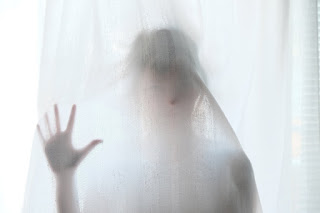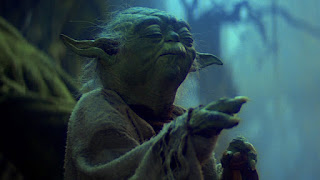The World of Touch in the Animal Kingdom

“Animal Skins”, chapter five of Constance Classen’s book, The Deepest Sense: A Cultural History of Touch really resonates with me because I’m currently taking Barbara Darling’s Religion and Animals course. In addition to visual, auditory, and chemical methods of communication, tactile communication is “the common medium of communication for all inhabitants of the Earth” (69). Human beings shake hands, hug, or kiss as a sign of respect or endearment- the same can be applied for non-human animals. Elephants will intertwine their trunks to show acceptance and affection, cats will lick and nuzzle their young, sea otters will rub their nose and faces on each other to establish social bonds, etc. Animals will communicate with animals outside their species through touch. My cat will know when I’m feeling down, and he will nuzzle up against me and provide me with a sense of reassurance. When my dog was extremely sick, my sisters and I would take turns petting him as a way of comforting him








